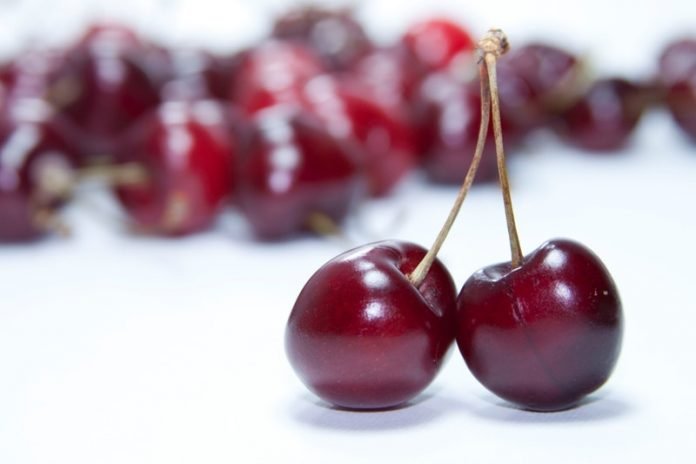
In a new study, researchers found that Montmorency cherries may help protect people from heart disease and diabetes.
Drinking the juice of Montmorency cherries can help to prevent diseases.
The research was conducted by scientists at the University of Hertfordshire.
Previous research has shown that Montmorency cherries have strong anti-inflammatory and anti-oxidant properties and could protect people’s heart health.
For example, one recent study from the University of Delaware found that Montmorency tart cherry juice could help control blood pressure and blood cholesterol levels.
It showed that older people who drank tart cherry juice made from U.S. grown Montmorency tart cherries had lower systolic blood pressure and low-density lipoprotein (LDL) cholesterol levels.
Montmorency tart cherry juice reduced systolic blood pressure by 4.1 mmHg in that study and strongly reduced the people’s heart attack and stroke risk.
In the current study, the researcher focused on metabolic syndrome, a group of health conditions that increase the risk of stroke, heart disease, and type 2 diabetes.
The study examined 11 men and women with cardio-metabolic health conditions.
People who drank the cherries in juice or took the cherry capsule after only two hours showed positive changes compared with those who only had a placebo.
Their blood pressure and their insulin levels decreased together.
The researcher suggests that Montmorency tart cherries could be as powerful as anything in common pharmaceutical drugs to protect people’s heart health and metabolic functions.
The finding may help develop a new method to prevent heart disease and diabetes.
Since there is no known cure for heart disease or type 2 diabetes, prevention is becoming more and more important in improving public health.
Future work needs to see if other types of cherries have a similar value.
But the researcher suggests that the Montmorency variety has the highest phytochemical content and that it is likely to be the most effective.
The researcher is conducting further work and has shown even stronger data in support of the initial findings.
The author of the study is Terun Desai, a Ph.D. researcher at the University of Hertfordshire.
The study is published in the Journal of Functional Foods.
Copyright © 2019 Knowridge Science Report. All rights reserved.



